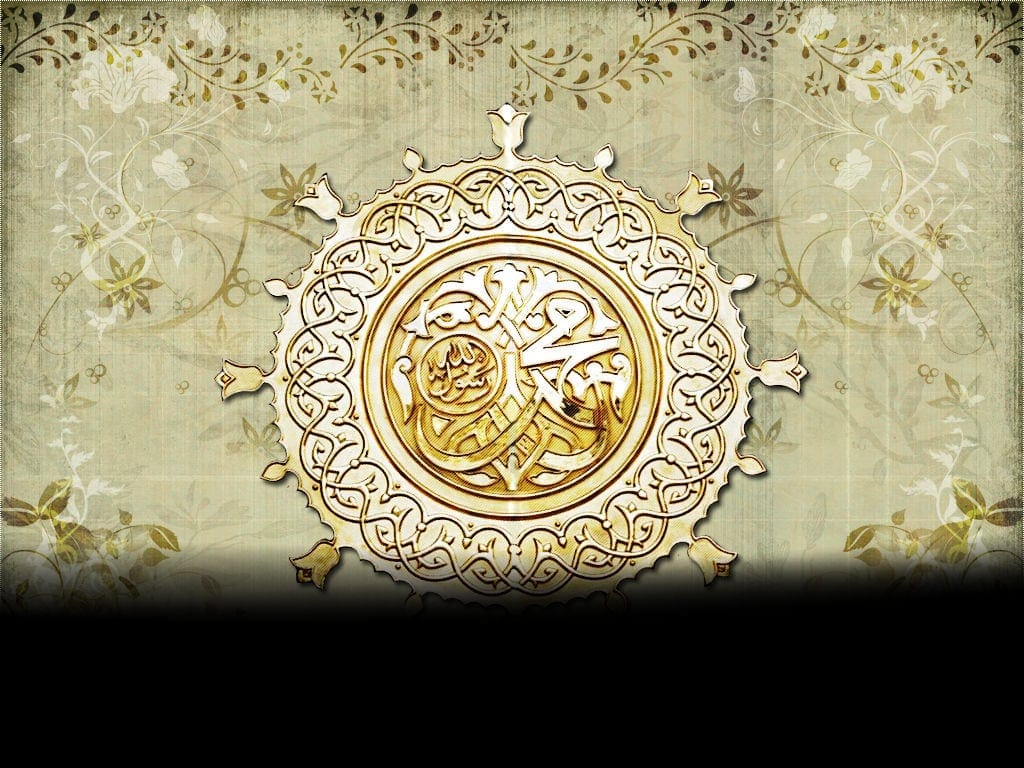How to Understand the Incapacity of the Prophet to Recite?
Answered by Ustadh Shuaib Ally
Question: Asalamu Alaikum,
Was the Qur’an revealed to the Prophet (peace and blessings be upon him) through inspiration or through the dictation of Jibril?
If it was recited by Jibril why couldn’t the Prophet (peace and blessings be upon him) recite after him?
Answer: Wa alaikum assalam wa rahmatullahi wa barakatuh,
I pray that you are in the best of health and faith, insha’Allah.
The Hadith on the Beginning of Revelation
The vast majority of Qur’an and Hadith commentaries tend to interpret ‘I cannot recite’ in light of the narration of Aisha (may Allah be pleased with her) found in Bukhari describing the beginning of revelation. It mentions that Jibril (peace be upon him) came to the Prophet (peace be upon him) when he was awake, and does not indicate that he had brought something written with him.
The Narration of ‘Aisha:
‘Aisha, mother of believers, said: The inception of divine inspiration to Allah’s Messenger, peace be upon him, was in the form of good dreams, which would come true, clear like daylight. Seclusion was then made dear to him. He would go in seclusion to the cave of Hira, where he would worship continuously for many nights, until he desired to see his family. He would take with him food, and then come back to Khadijah to restock. This continued until the truth descended upon him while he was in the cave of Hira. The angel came to him and commanded him to read. He replied, I do not know how to read. He said, the angel grabbed me and pressed me so hard I could not bear it. He then released me and commanded me to read. I replied, I do not know how to read. He grabbed me again and pressed me so hard I could not bear it, then released me and commanded me to read, but I replied, I do not know how to read. He caught me again for a third time and pressed me, then released me and said, ‘Read in the name of your Lord, who has created, created man from a clot. Read; your Lord is the Most Generous’… (Bukhari)
The Meaning of Jibril’s Command to Recite
Many scholars interpret Jibril’s command to the Prophet (peace be upon him) to recite in this narration to mean that the latter should recite as the former will recite or dictate to him. This is because there had been nothing revealed to him prior, such that he could now be commanded to recite it; he likewise hadn’t been given anything written that he could now recite. The command to recite was meant to prepare him for what is about to happen, akin to a teacher telling a student, ‘write,’ meaning that the student should get ready to write what will then be dictated to him. In the Prophet’s case (peace be upon him), this was the introductory verses of Chapter 96 of the Qur’an.
The Meaning of ‘I cannot recite’
The Prophet’s response (peace be upon him) to Jibril is generally interpreted as meaning that he doesn’t know how to recite something that he himself had come up with, or that the act of reciting is something exclusively for those who read and write, not an act for someone unlettered like himself to engage in. This is, incidentally, why it was said to him, ‘Recite in the name of your Lord’. That is, don’t try to recite relying on your own abilities or knowledge, but rather depending on the power of your Lord.
Repeating ‘I cannot recite’
Some hold that the Prophet’s saying “I cannot recite” carried the same meaning each of the three times he said it. Others have posited that each instance held a slightly different meaning; the first time was a refusal of the command to recite, because he is not a reciter; the second a denial of his ability to do so; the third a question of what he ought to recite.
Sources: al-Tahrir wa al-Tanwir; Fath al-Bari; Fath al-Mulhim; al-Kashif ‘an Haqa’iq al-Sunan; Mirqat al-Mafatih
Shuaib Ally
